Home>Gardening & Outdoor>Landscaping Ideas>When To Plant Bermuda Grass In North Georgia
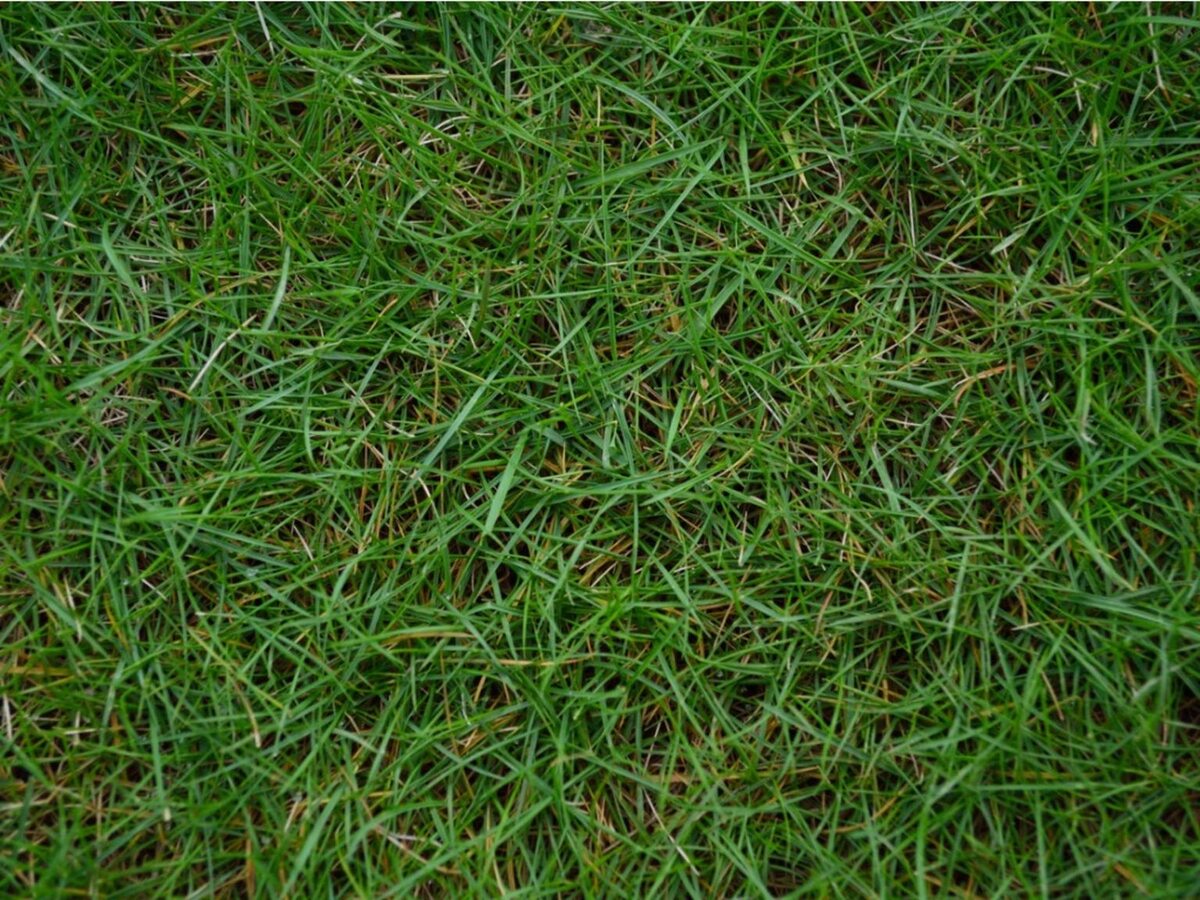

Landscaping Ideas
When To Plant Bermuda Grass In North Georgia
Modified: February 18, 2024
Learn the best time for planting Bermuda grass in North Georgia to achieve a lush, green lawn with our expert landscaping ideas and tips.
(Many of the links in this article redirect to a specific reviewed product. Your purchase of these products through affiliate links helps to generate commission for Storables.com, at no extra cost. Learn more)
Introduction
Welcome to the lush world of landscaping in North Georgia, where the verdant beauty of Bermuda grass transforms outdoor spaces into vibrant, inviting landscapes. Whether you're a seasoned gardening enthusiast or a novice homeowner seeking to elevate your yard's appeal, understanding the nuances of planting Bermuda grass is a crucial step toward achieving a flourishing lawn.
In this comprehensive guide, we'll delve into the optimal timing for planting Bermuda grass in North Georgia, considering the region's unique climate and soil conditions. By grasping the intricacies of this warm-season grass and the factors that influence its growth, you'll be equipped to cultivate a resilient, emerald carpet of Bermuda grass that thrives in your outdoor haven.
Join us on this horticultural journey as we uncover the best practices for planting and nurturing Bermuda grass, ultimately fostering a landscape that beckons with its vibrant greenery and velvety texture. Let's embark on this verdant expedition, where the art of landscaping converges with the science of horticulture to create a captivating tapestry of natural splendor.
Key Takeaways:
- Plant Bermuda grass in North Georgia in late spring to early summer when the soil temperature consistently reaches 65°F. This timing harnesses the warmth and sunlight for robust growth and a lush, resilient lawn.
- To care for Bermuda grass, maintain consistent watering, follow a fertilization schedule, and implement regular mowing and weed control. Adapt maintenance practices based on seasonal changes for year-round vitality.
Understanding Bermuda Grass
Bermuda grass, scientifically known as Cynodon dactylon, is a resilient warm-season grass renowned for its adaptability and lush growth. This perennial grass species thrives in regions with hot summers and mild winters, making it an ideal choice for the climate of North Georgia. Known for its fine texture and vibrant green hue, Bermuda grass serves as a popular choice for lawns, parks, and athletic fields due to its durability and aesthetic appeal.
One of the key attributes of Bermuda grass is its exceptional tolerance to high foot traffic, drought, and heat, making it a resilient option for landscapes that endure heavy use and varying weather conditions. This grass variety spreads through both aboveground stolons and belowground rhizomes, enabling it to establish a dense, uniform turf that withstands the rigors of outdoor activities and environmental stressors.
When properly maintained, Bermuda grass forms a dense, lush carpet that enhances the visual allure of outdoor spaces, creating an inviting setting for recreational activities, leisurely strolls, and social gatherings. Its rapid growth and robust nature contribute to its popularity as a go-to choice for homeowners, landscapers, and groundskeepers seeking a vibrant, low-maintenance lawn solution.
By acquainting yourself with the distinctive characteristics and growth patterns of Bermuda grass, you gain valuable insights into its requirements for optimal cultivation and maintenance. This understanding serves as the foundation for fostering a thriving Bermuda grass lawn that flourishes in harmony with the natural landscape of North Georgia.
Climate and Soil Conditions in North Georgia
North Georgia boasts a diverse landscape characterized by its varying elevations, from the mountainous terrain of the Appalachian Plateau to the rolling hills and valleys of the Piedmont region. This geographical diversity gives rise to a range of microclimates within the area, influencing the local climate and soil conditions that shape the growth of vegetation, including Bermuda grass.
The climate of North Georgia is predominantly humid subtropical, marked by hot, humid summers and relatively mild winters. The region experiences an average annual precipitation of around 50 inches, with rainfall distributed throughout the year. These climatic conditions create an environment conducive to the growth of warm-season grasses, such as Bermuda grass, which thrive in the heat and exhibit resilience in the face of occasional drought.
When considering soil types in North Georgia, the landscape encompasses an assortment of soil compositions, including clay, loam, and sandy soils. The prevalence of red clay in certain areas poses unique challenges for landscaping endeavors, necessitating soil amendments and tailored cultivation practices to optimize the growth of Bermuda grass.
Given the diverse topography and soil variations across North Georgia, it is essential to assess the specific soil characteristics and drainage patterns of your property when planning to plant Bermuda grass. Conducting a soil test can provide valuable insights into the pH levels, nutrient content, and texture of the soil, guiding you in making informed decisions regarding soil amendments and fertilization strategies to support the establishment of a thriving Bermuda grass lawn.
By understanding the climatic nuances and soil dynamics of North Georgia, you can tailor your approach to planting Bermuda grass, ensuring that it aligns harmoniously with the local environment and flourishes amidst the region’s natural beauty.
Best Time to Plant Bermuda Grass in North Georgia
Choosing the optimal time to plant Bermuda grass in North Georgia is pivotal to its successful establishment and long-term vitality. As a warm-season grass, Bermuda grass thrives in regions with hot summers and mild winters, making it well-suited to the climate of North Georgia. The recommended timeframe for planting Bermuda grass in this region aligns with the onset of warmer temperatures and the transition into the growing season.
Typically, the prime window for planting Bermuda grass in North Georgia spans from late spring to early summer, when the soil temperature consistently reaches and exceeds 65°F (18°C). This period, characterized by increasing daylight hours and rising temperatures, provides the ideal conditions for Bermuda grass seeds to germinate and establish robust root systems, setting the stage for vigorous growth and lush turf development.
By initiating the planting process during this favorable timeframe, you harness the natural warmth and sunlight of the season to nurture the growth of Bermuda grass, fostering its resilience and adaptability to the local climate. This strategic approach maximizes the grass’s potential to thrive and flourish, ensuring that it forms a dense, verdant carpet that enhances the visual allure of your outdoor landscape.
It’s important to note that while the late spring to early summer period represents the primary window for planting Bermuda grass, the exact timing may vary based on specific microclimates and local weather patterns within North Georgia. Monitoring soil temperatures and assessing the onset of consistent warmth in your area serve as valuable indicators for determining the opportune moment to commence the planting process.
By aligning your planting schedule with the seasonal rhythms of North Georgia and leveraging the climatic conditions conducive to Bermuda grass growth, you pave the way for a vibrant, resilient lawn that thrives in harmony with the natural environment, enriching your outdoor living space with its lush greenery and inviting texture.
Steps for Planting Bermuda Grass
Embarking on the journey of planting Bermuda grass in your North Georgia landscape involves a series of strategic steps designed to optimize the grass’s establishment and ensure its enduring vitality. By following a methodical approach, you can cultivate a resilient, emerald carpet of Bermuda grass that flourishes in harmony with the region’s climate and soil conditions, enhancing the visual allure of your outdoor haven.
Read more: When To Seed Bermuda Grass In Georgia
1. Soil Preparation:
Begin by preparing the soil to create an optimal environment for Bermuda grass establishment. Conduct a soil test to assess the pH levels and nutrient content, and address any deficiencies through targeted soil amendments. Loosen the soil to a depth of 4-6 inches to facilitate root penetration and ensure adequate drainage.
2. Seed Selection and Sowing:
Choose high-quality Bermuda grass seeds suited to the specific conditions of North Georgia. Follow the recommended seeding rates and evenly distribute the seeds across the prepared soil surface. Lightly rake the seeds into the soil at a depth of 1/4 to 1/2 inch to promote soil-seed contact and encourage germination.
3. Irrigation and Moisture Management:
After sowing the seeds, ensure consistent moisture levels in the soil to support germination and early growth. Water the seeded area lightly multiple times a day to keep the soil moist but not waterlogged. As the grass establishes, transition to a deeper, less frequent watering schedule to encourage robust root development.
4. Fertilization and Nutrient Support:
Once the Bermuda grass seedlings emerge and exhibit initial growth, apply a balanced fertilizer to provide essential nutrients for sustained development. Follow the recommended fertilization schedule and dosage based on the grass’s growth stage, ensuring that it receives the nourishment necessary for vigorous expansion and lush turf formation.
Read more: When To Plant Grass In Georgia
5. Mowing and Maintenance:
As the Bermuda grass matures, implement a regular mowing regimen to maintain an optimal height for the turf. Adjust the mowing height based on the specific variety of Bermuda grass, aiming to keep it within the recommended range to promote density and resilience. Additionally, address weed control and monitor for pests to safeguard the grass’s health.
6. Monitoring and Adjustment:
Continuously monitor the growth and condition of the Bermuda grass, adjusting your maintenance practices based on its response to environmental factors and seasonal changes. Stay attuned to its water and nutrient requirements, and address any issues promptly to sustain its vitality and visual appeal.
By methodically executing these steps for planting Bermuda grass, you lay the groundwork for a thriving, resilient lawn that enriches your outdoor landscape with its lush greenery and velvety texture, creating a captivating tapestry of natural splendor in your North Georgia haven.
Maintenance and Care for Bermuda Grass
Once Bermuda grass has taken root in your North Georgia landscape, providing attentive maintenance and care is essential to nurturing its enduring vitality and fostering a vibrant, resilient lawn that beckons with its lush greenery. By implementing targeted maintenance practices and adhering to a tailored care regimen, you can ensure that your Bermuda grass thrives in harmony with the local climate and soil conditions, enhancing the visual allure of your outdoor haven.
1. Watering:
Establish a consistent watering schedule to meet the moisture needs of Bermuda grass, particularly during periods of insufficient rainfall. Water deeply and infrequently, encouraging the development of robust root systems that enhance the grass’s resilience to drought. Monitor soil moisture levels and adjust your watering routine based on the specific requirements of the grass and the prevailing weather conditions.
Read more: When To Seed Bermuda In Georgia
2. Fertilization:
Apply a balanced fertilizer to Bermuda grass according to the recommended schedule, considering the grass’s growth stage and the nutrient requirements dictated by soil conditions. Tailor your fertilization approach to promote steady growth, vibrant coloration, and overall turf health, fostering a dense, lush carpet of Bermuda grass that enriches your landscape with its verdant allure.
3. Mowing and Height Management:
Implement a regular mowing regimen to maintain an optimal height for the Bermuda grass, promoting density and uniformity across the turf. Adjust the mowing height based on the specific variety of Bermuda grass, aiming to keep it within the recommended range to encourage vigorous growth and resilience. Additionally, adhere to proper mowing practices to minimize stress on the grass and foster its long-term vitality.
4. Weed Control:
Vigilantly monitor the Bermuda grass for the presence of weeds and implement targeted control measures to preserve the grass’s health and visual appeal. Employ pre-emergent herbicides as needed to prevent weed encroachment, and address any existing weeds promptly to maintain the integrity of the turf and sustain its lush, uniform appearance.
5. Pest Management:
Stay alert to potential pest infestations that may compromise the health and vigor of Bermuda grass. Monitor for signs of insect activity and disease, promptly addressing any issues through targeted pest management strategies that safeguard the grass’s well-being and ensure its enduring resilience in the face of environmental stressors.
Read more: When To Plant Bermuda Grass
6. Seasonal Adjustments:
Adapt your maintenance and care practices to align with the seasonal rhythms of North Georgia, considering the fluctuating weather patterns and environmental dynamics that influence the growth of Bermuda grass. Tailor your approach to watering, fertilization, and overall maintenance based on the grass’s response to seasonal changes, ensuring that it thrives year-round.
By upholding a comprehensive maintenance and care regimen for Bermuda grass, you foster a thriving, resilient lawn that enchants with its vibrant greenery and velvety texture, elevating the natural splendor of your North Georgia landscape and creating an inviting outdoor sanctuary for leisure and relaxation.
Conclusion
As we conclude our exploration of planting and nurturing Bermuda grass in North Georgia, we emerge with a profound appreciation for the art and science of landscaping, where the cultivation of vibrant, resilient lawns converges with the natural beauty of the region. By understanding the unique climate and soil conditions of North Georgia, we gain valuable insights into the optimal timing and methods for planting Bermuda grass, setting the stage for the creation of captivating outdoor landscapes that beckon with their lush greenery and inviting texture.
Throughout this horticultural journey, we’ve uncovered the enduring allure of Bermuda grass, renowned for its adaptability, vibrant coloration, and exceptional resilience in the face of environmental stressors. By embracing the best practices for soil preparation, seed selection, and targeted maintenance, we pave the way for the establishment of a thriving Bermuda grass lawn that thrives harmoniously amidst the natural splendor of North Georgia.
As stewards of our outdoor havens, we embrace the ongoing commitment to maintenance and care, ensuring that Bermuda grass flourishes year-round, enriching our landscapes with its verdant allure and providing a welcoming sanctuary for leisure, recreation, and contemplation. By aligning our practices with the seasonal rhythms and unique dynamics of North Georgia, we cultivate a landscape that captivates with its lush, resilient Bermuda grass, creating an inviting tapestry of natural splendor that celebrates the region’s beauty.
In the verdant realm of North Georgia landscaping, Bermuda grass stands as a testament to the enduring synergy between nature’s bountiful offerings and the artful cultivation of outdoor spaces. As we tend to our lawns and embrace the vibrant beauty of Bermuda grass, we embark on a journey of harmonious coexistence with the natural landscape, fostering a captivating outdoor haven that invites us to revel in the timeless allure of lush greenery and velvety textures.
May our endeavors in planting and caring for Bermuda grass in North Georgia yield landscapes that inspire, rejuvenate, and enchant, weaving a tapestry of natural splendor that reflects the enduring beauty of the region and the artistry of horticultural stewardship.
Frequently Asked Questions about When To Plant Bermuda Grass In North Georgia
Was this page helpful?
At Storables.com, we guarantee accurate and reliable information. Our content, validated by Expert Board Contributors, is crafted following stringent Editorial Policies. We're committed to providing you with well-researched, expert-backed insights for all your informational needs.
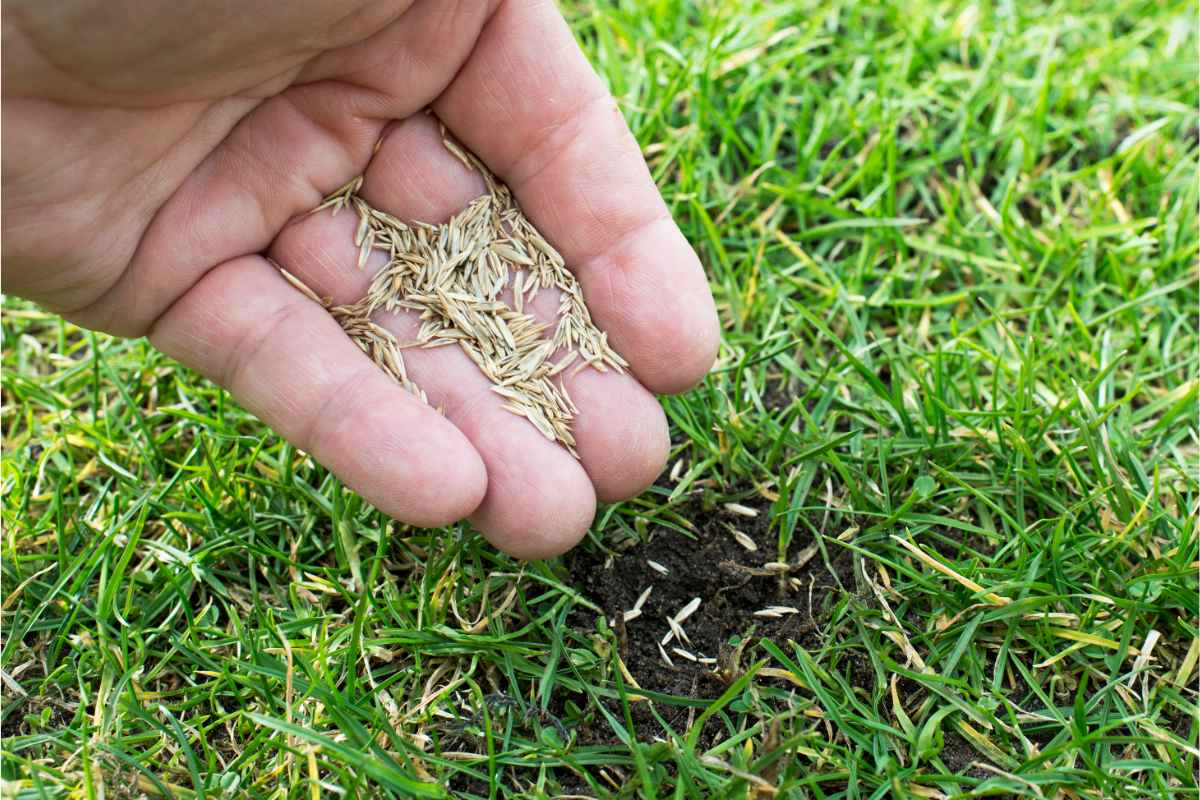
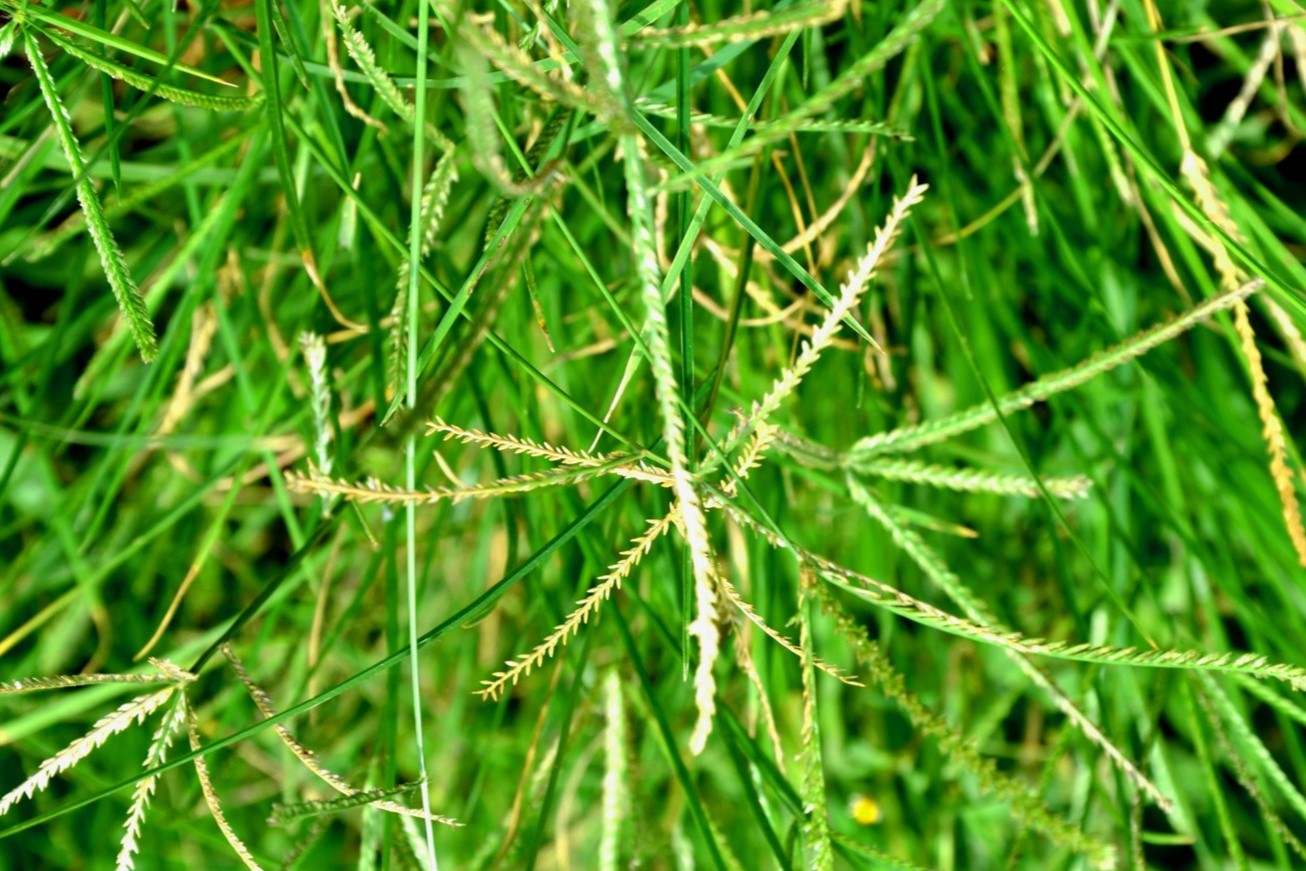
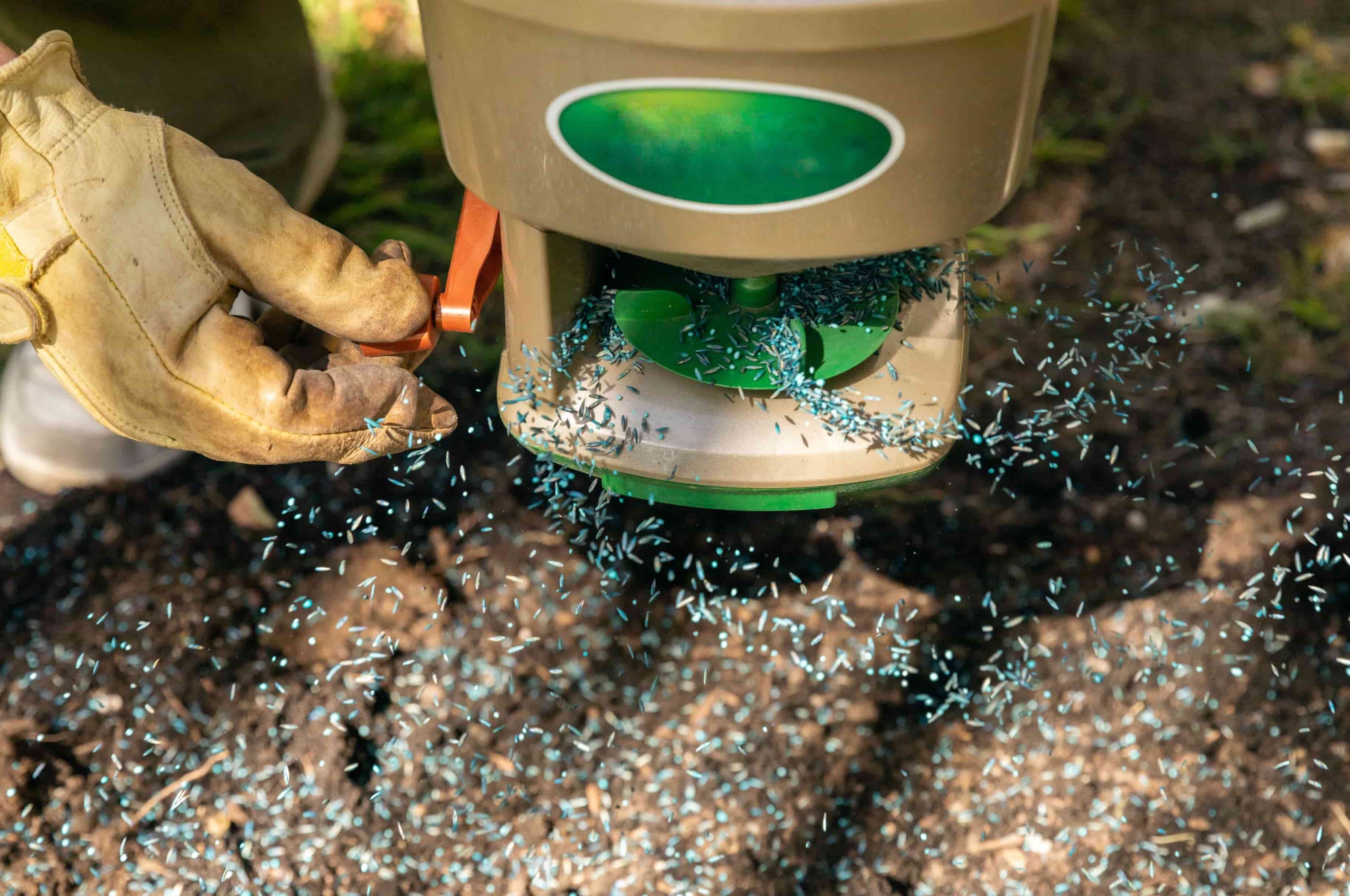
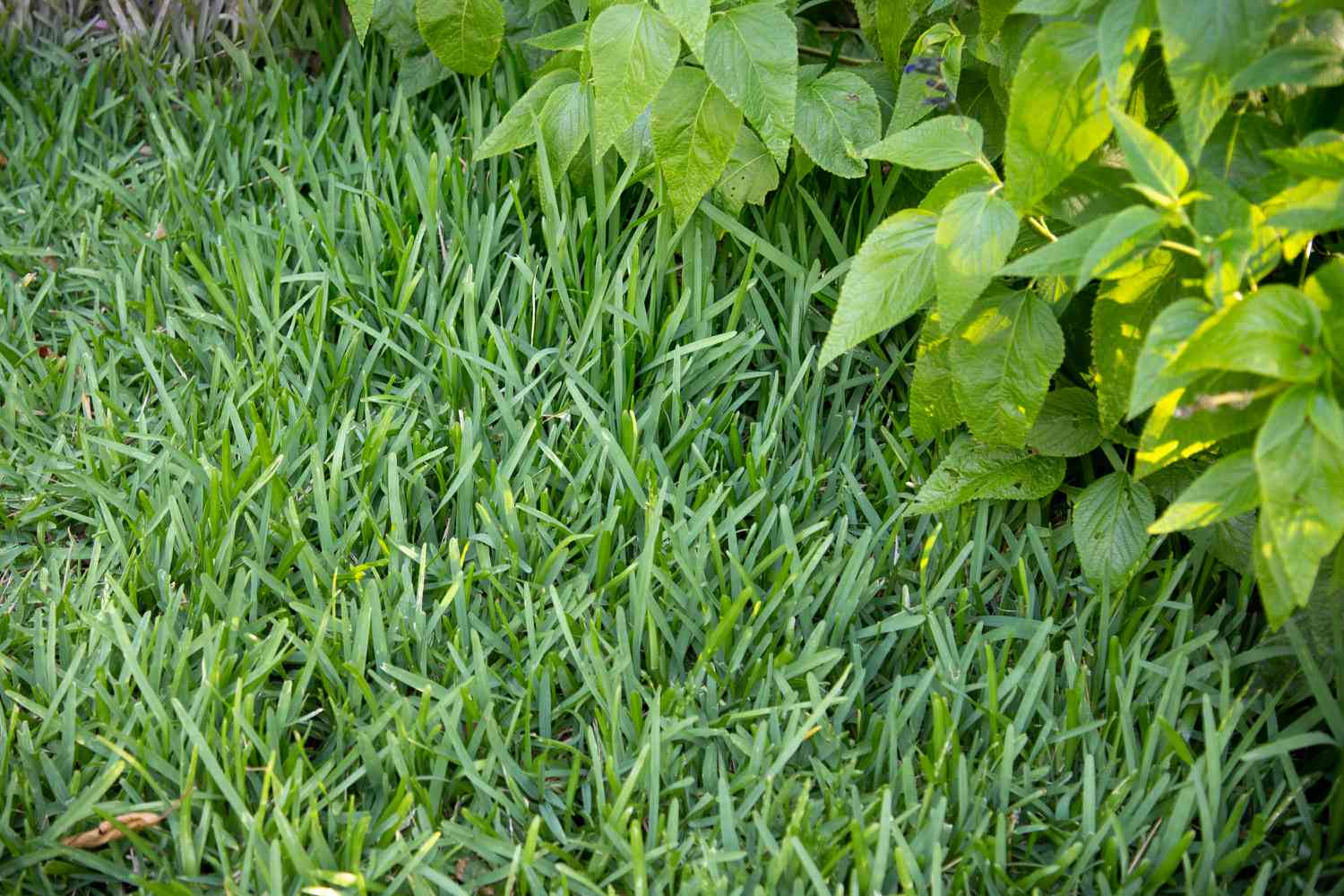
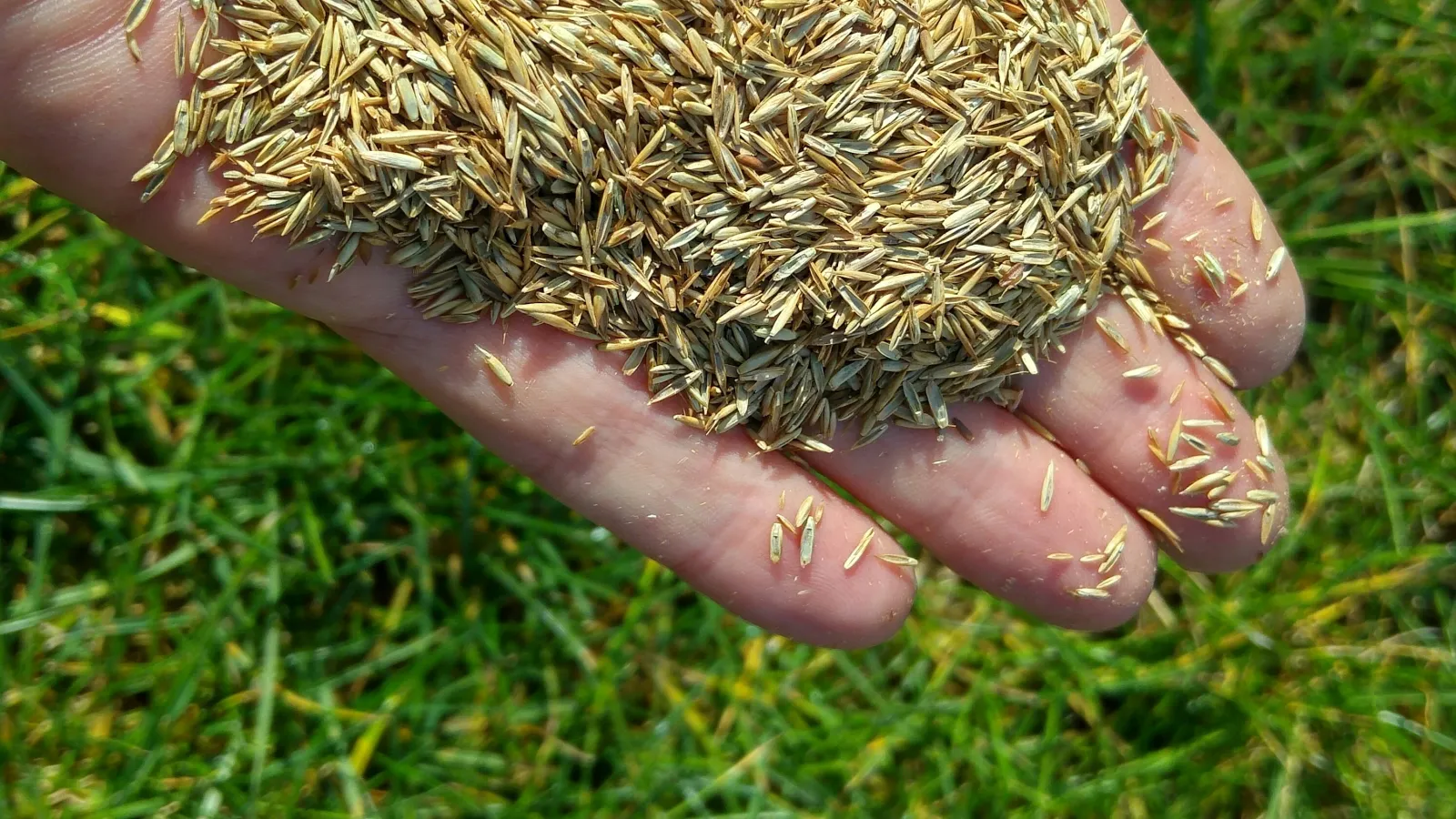
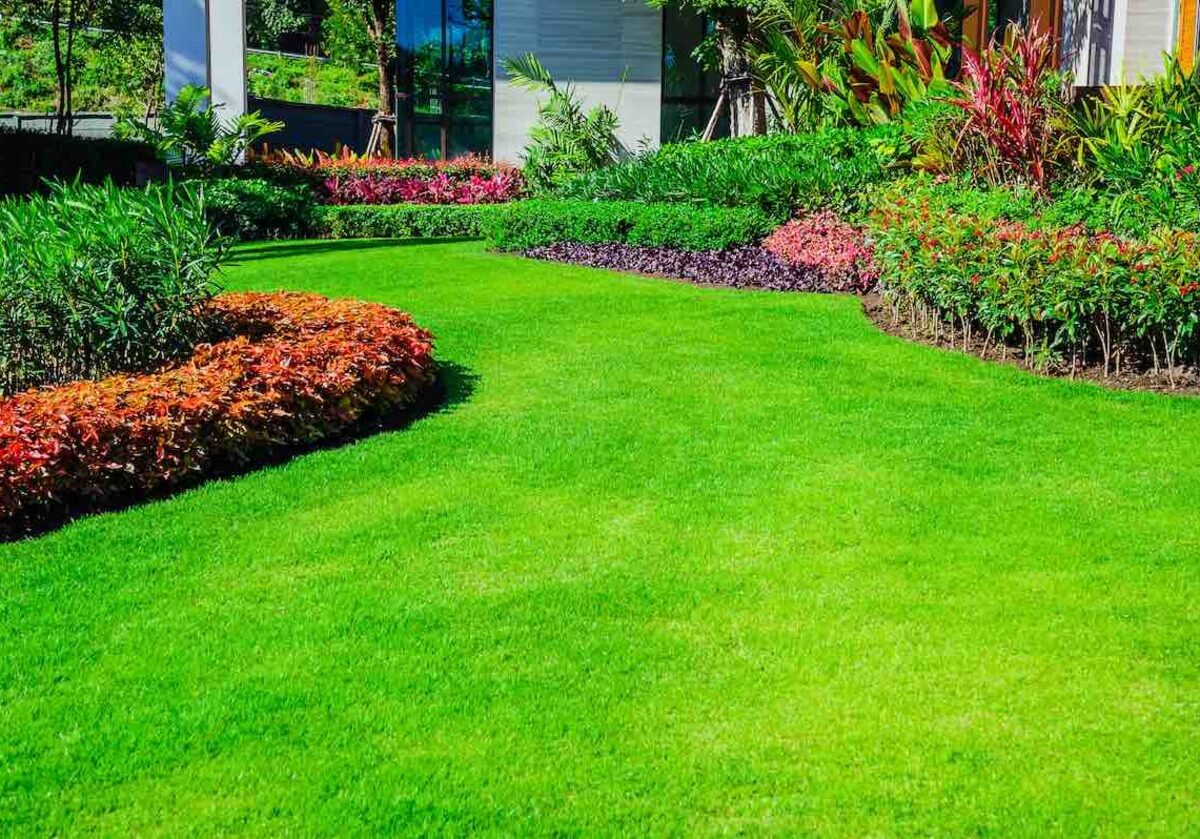
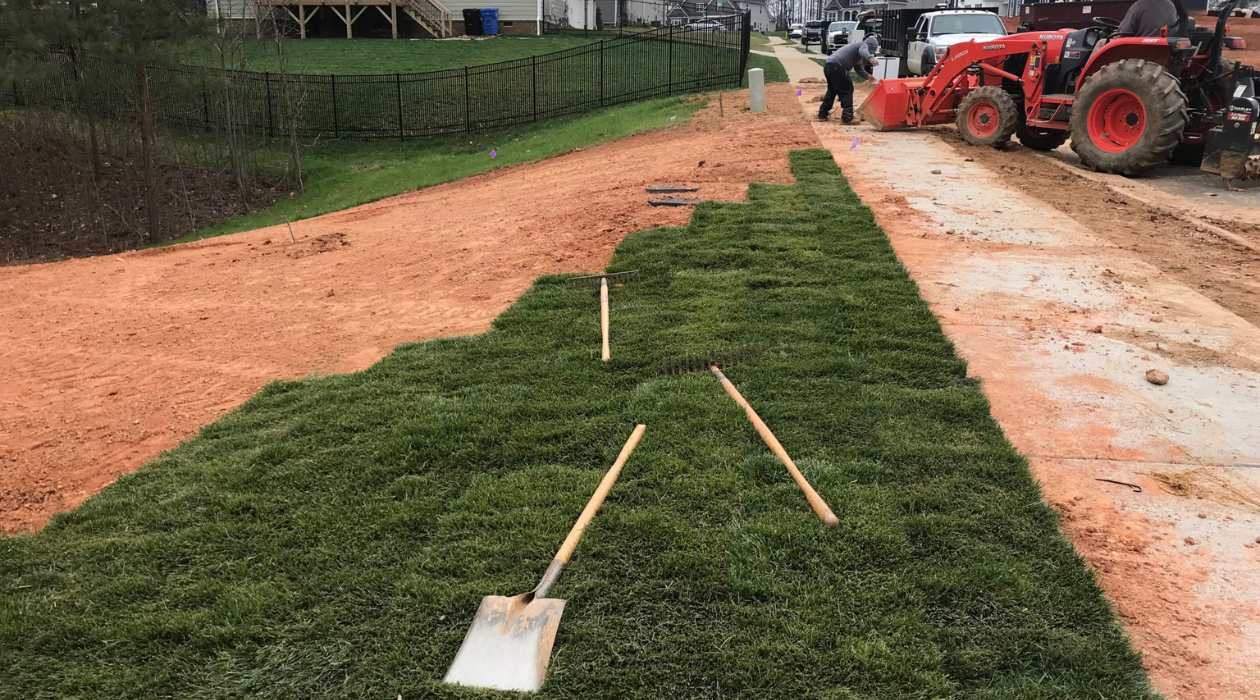
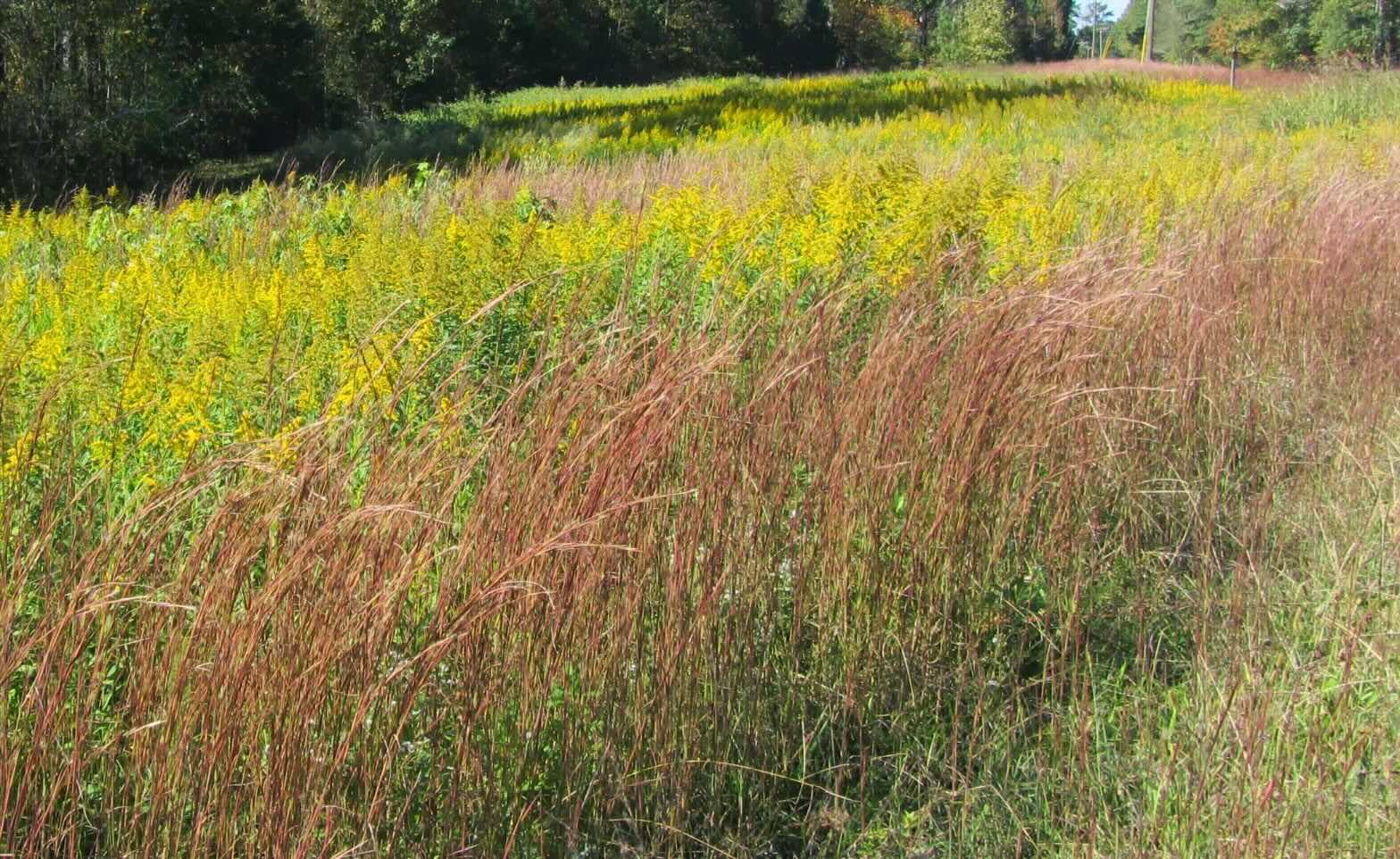
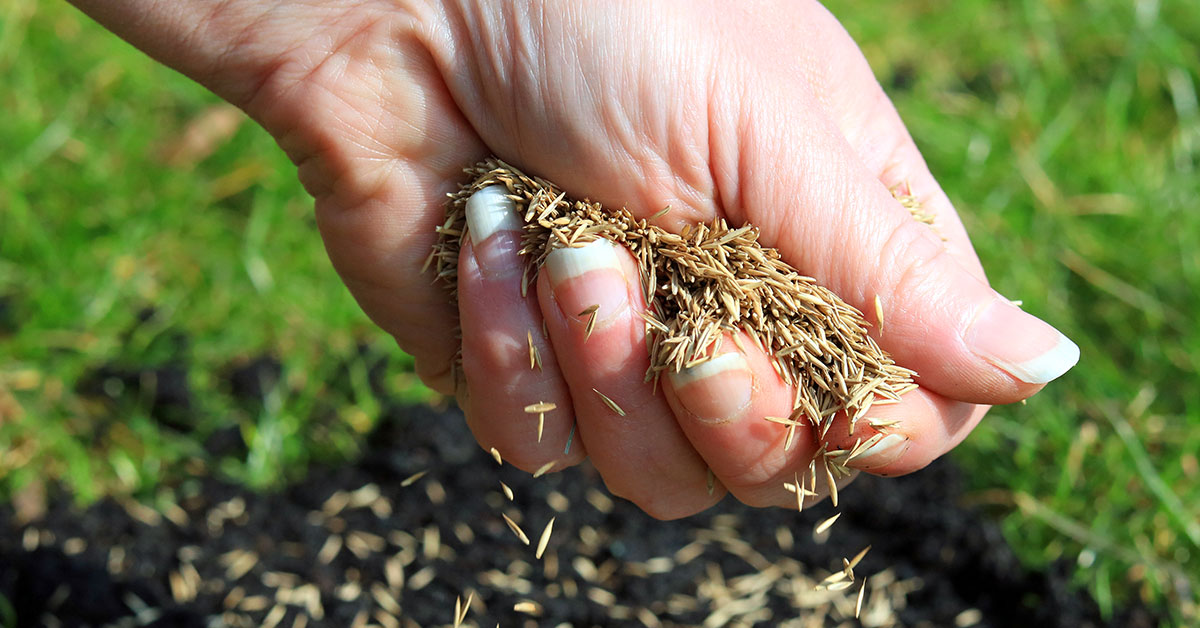
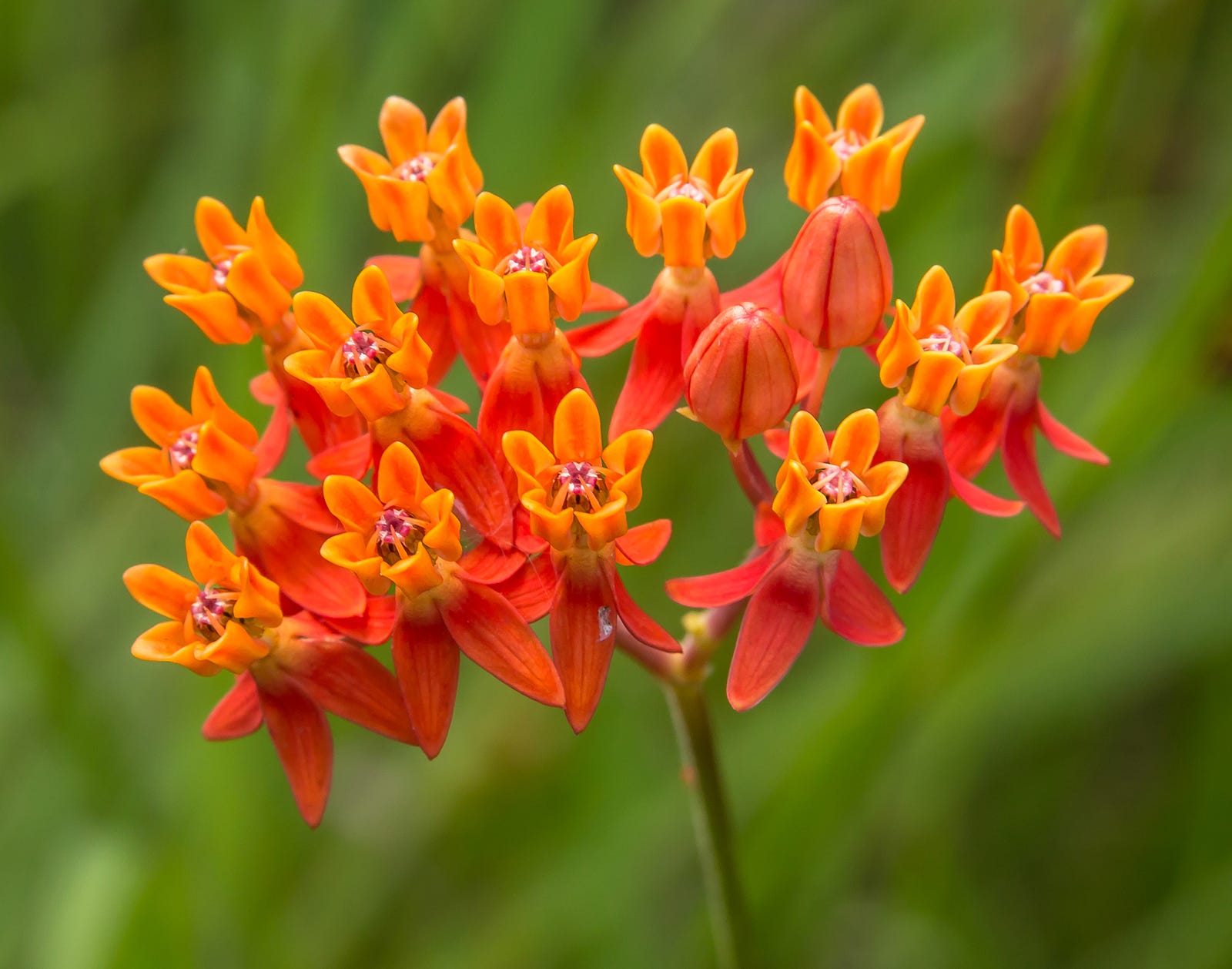
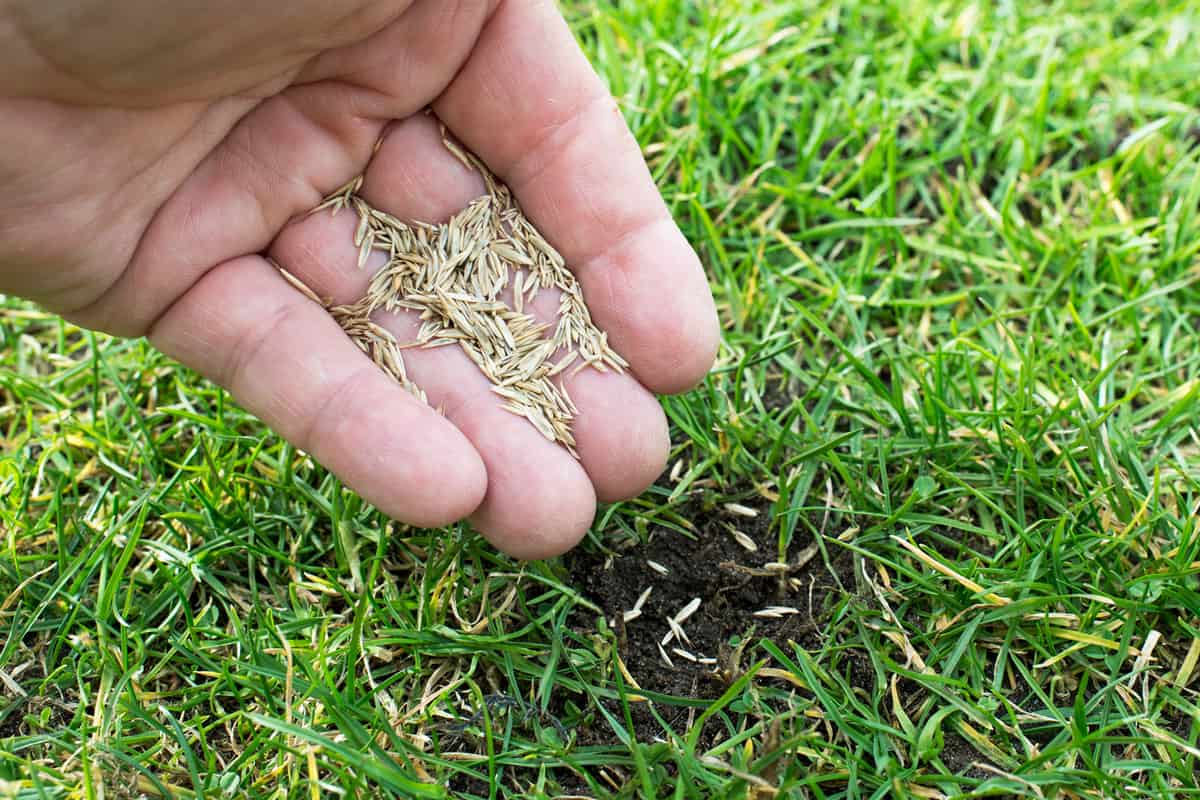

0 thoughts on “When To Plant Bermuda Grass In North Georgia”